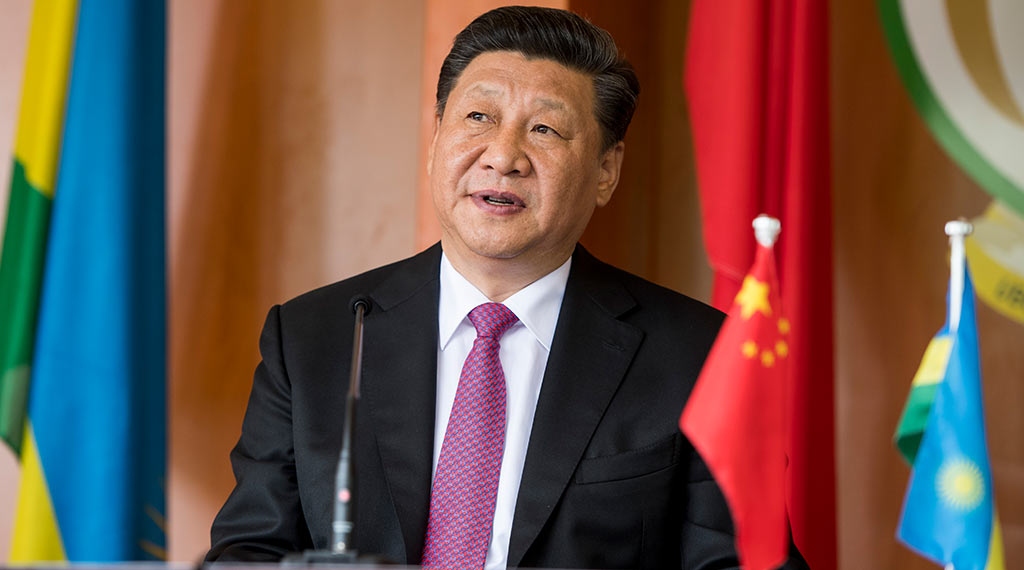
The United States has belatedly recognized the People’s Republic of China is a threat, and it’s trying to do something about it.
Washington is shoring up its defenses – aiming to rebuild the U.S. Navy, develop hypersonic weapons and improved missile defenses, replenish ammunition and missile stocks, and develop new operating locations and concepts for the Indo-Pacific. It’s trying to bring its allies and partners into the mix.
The U.S. is also trying to “de-risk” its economy by imposing narrow restrictions on the export of key dual use technologies that the PRC can use for military purposes – against us. And it’s trying to eliminate dangerous dependencies – think pharmaceuticals and rare earth and other strategic minerals.
Congress and the administration are also talking of restricting outbound investment into the PRC – that provides the technology and, as importantly, the hard currency on which the Chinese Communist Party depends.
Yes, strengthening the U.S. military is essential and economic sanctions (limited for now, but potentially expanded) are sensible.
But the pressure they create is “diffused” onto the entire PRC. Thus allowing the Chinese Communist Party’s (CCP) top leaders to appeal to nationalism and claiming the Americans are bullying and unfairly “containing” China. This resonates widely.
Keep in mind that China’s leaders will gladly let regular Chinese citizens – “the people” – absorb any amount of misery and casualties – if it keeps the Party elite in power.
USINDOPACOM ought to keep this in mind when it talks of “imposing costs” on China to moderate the regime’s behavior.
Apply pressure where it hurts most
This means, alongside other approaches, the U.S. ought to make things personal for Xi Jinping and the Chinese Communist Party’s top leadership. They will likely only be moved when they are threatened personally – and their lives, riches and well-being are at risk.
Where are they most vulnerable?
The individual (and unexplainable) wealth of politburo members and other top CCP officials is perhaps the PRC’s greatest vulnerability. In the cutthroat world of CCP politics, it can translate as personal safety, however at the same time wider knowledge about the amounts involved could fatally undermine position and credibility within wider society.
Yet, the U.S. government appears to pay no attention to this glaring CCP weakness – much less attempting to capitalize on it.
It’s an issue that terrifies Chinese leaders. They know that corruption was a major reason for the collapse of Chiang Kai-shek’s KMT and the communist victory in the Chinese Civil War.
Xi Jinping made a show of cracking down on official corruption when he came to power in 2013. He understood the dangers brazen corruption by CCP officials posed to the entire regime. However, Xi’s “crackdown” has largely – if not entirely – targeted his opponents. So the top leadership – and Xi and his faction in particular – are still open for attack over their immense and unexplainable wealth.
President Kagame and President Xi Jinping of China Joint Press Conference by Paul Kagame is licensed under CC BY-NC-ND 2.0
- America’s enemies respond to Iranian military operation - March 2, 2026
- Don’t trust U.K. on Diego Garcia - February 18, 2026
- United States-Japan alliance: reducing burdens or winning wars? - February 14, 2026
